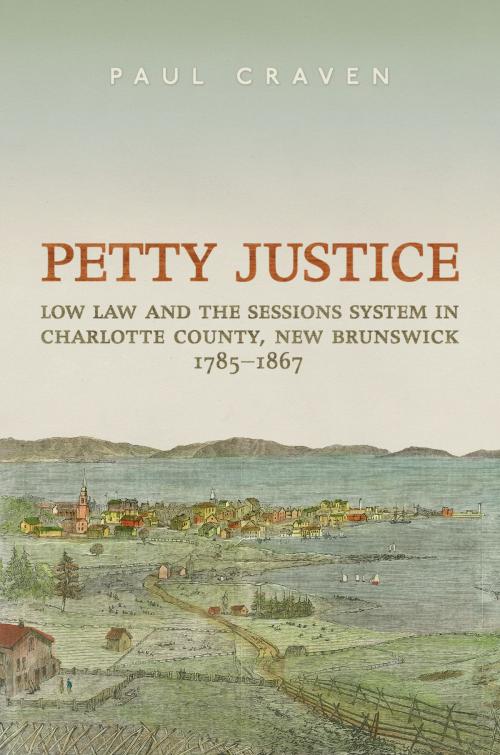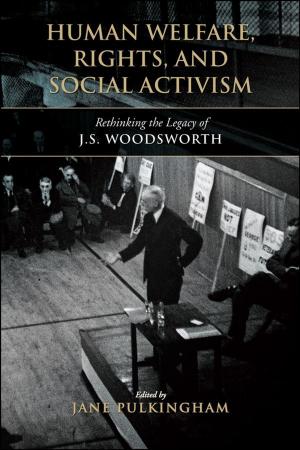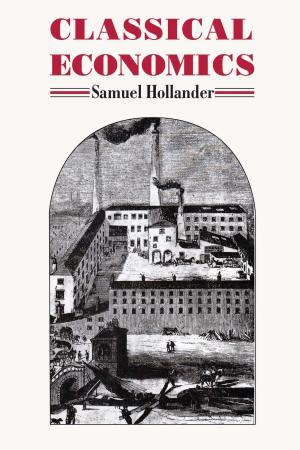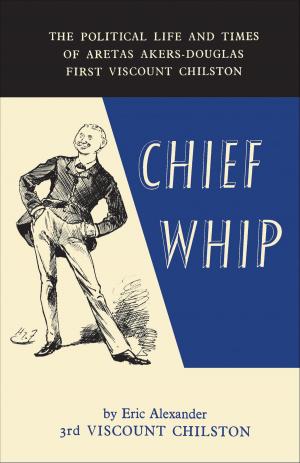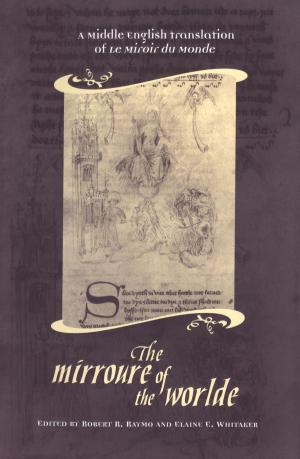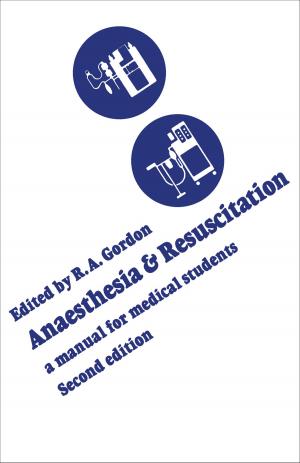Petty Justice
Low Law and the Sessions System in Charlotte County, New Brunswick, 1785-1867
Nonfiction, Reference & Language, Law, Legal History, History, Canada| Author: | Paul Craven | ISBN: | 9781442621787 |
| Publisher: | University of Toronto Press, Scholarly Publishing Division | Publication: | October 7, 2014 |
| Imprint: | Language: | English |
| Author: | Paul Craven |
| ISBN: | 9781442621787 |
| Publisher: | University of Toronto Press, Scholarly Publishing Division |
| Publication: | October 7, 2014 |
| Imprint: | |
| Language: | English |
Until the late nineteenth-century, the most common form of local government in rural England and the British Empire was administration by amateur justices of the peace: the sessions system. Petty Justice uses an unusually well-documented example of the colonial sessions system in Loyalist New Brunswick to examine the role of justices of the peace and other front-line low law officials like customs officers and deputy land surveyors in colonial local government.
Using the rich archival resources of Charlotte County, Paul Craven discusses issues such as the impact of commercial rivalries on local administration, the role of low law officials in resolving civil and criminal disputes and keeping the peace, their management of public works, social welfare, and liquor regulation, and the efforts of grand juries, high court judges, colonial governors, and elected governments to supervise them. A concluding chapter explains the demise of the sessions system in Charlotte County in the decade of Confederation.
Until the late nineteenth-century, the most common form of local government in rural England and the British Empire was administration by amateur justices of the peace: the sessions system. Petty Justice uses an unusually well-documented example of the colonial sessions system in Loyalist New Brunswick to examine the role of justices of the peace and other front-line low law officials like customs officers and deputy land surveyors in colonial local government.
Using the rich archival resources of Charlotte County, Paul Craven discusses issues such as the impact of commercial rivalries on local administration, the role of low law officials in resolving civil and criminal disputes and keeping the peace, their management of public works, social welfare, and liquor regulation, and the efforts of grand juries, high court judges, colonial governors, and elected governments to supervise them. A concluding chapter explains the demise of the sessions system in Charlotte County in the decade of Confederation.
